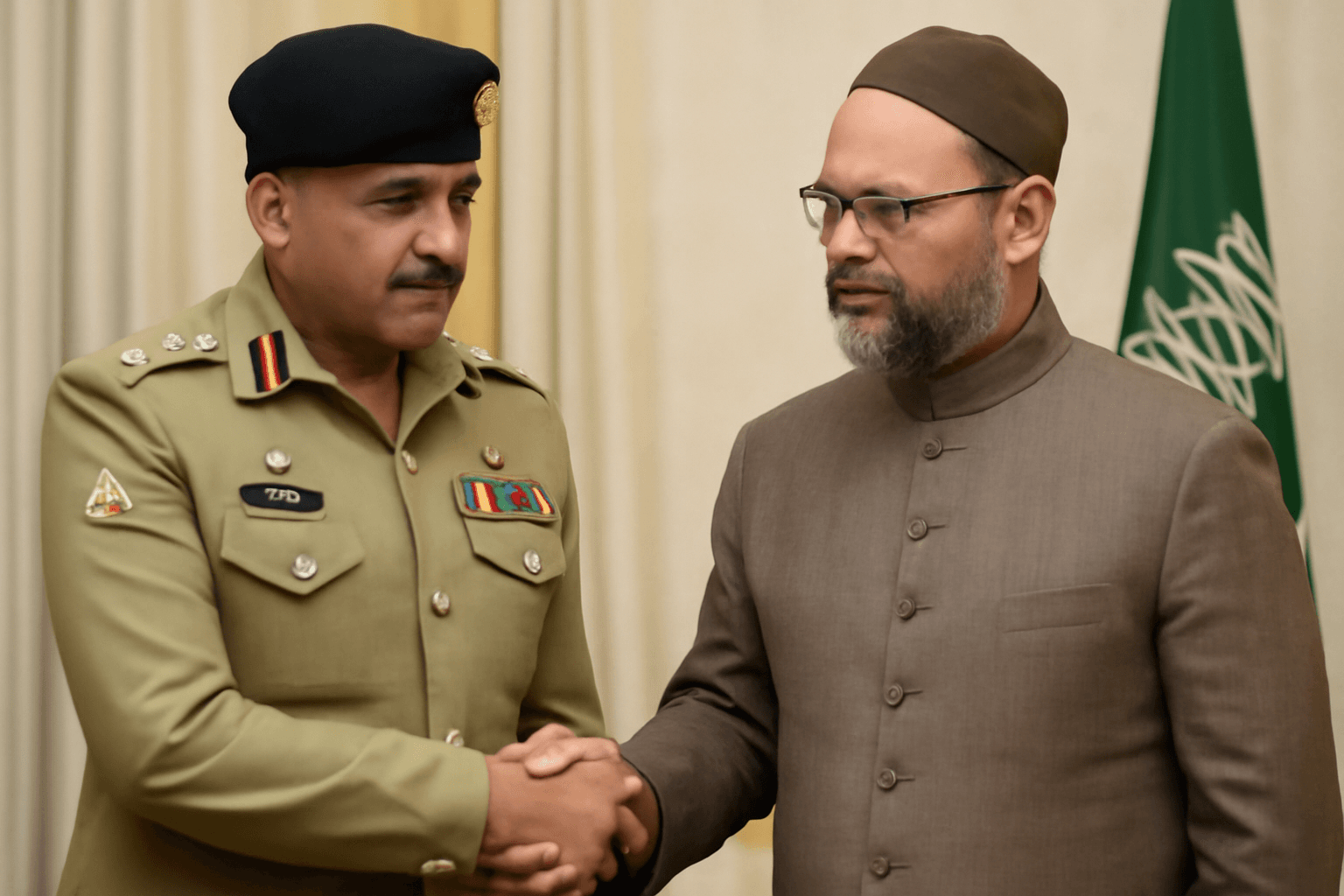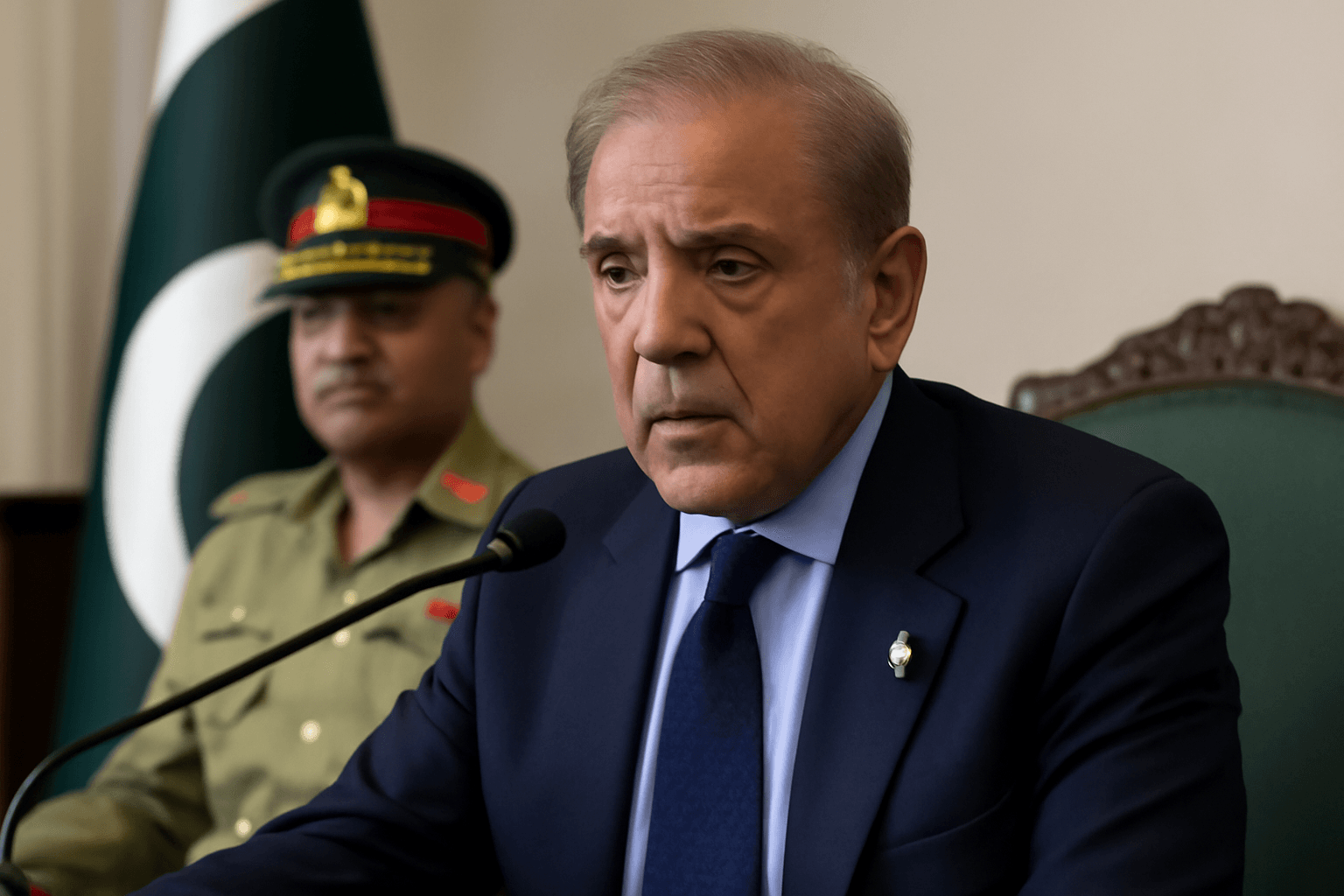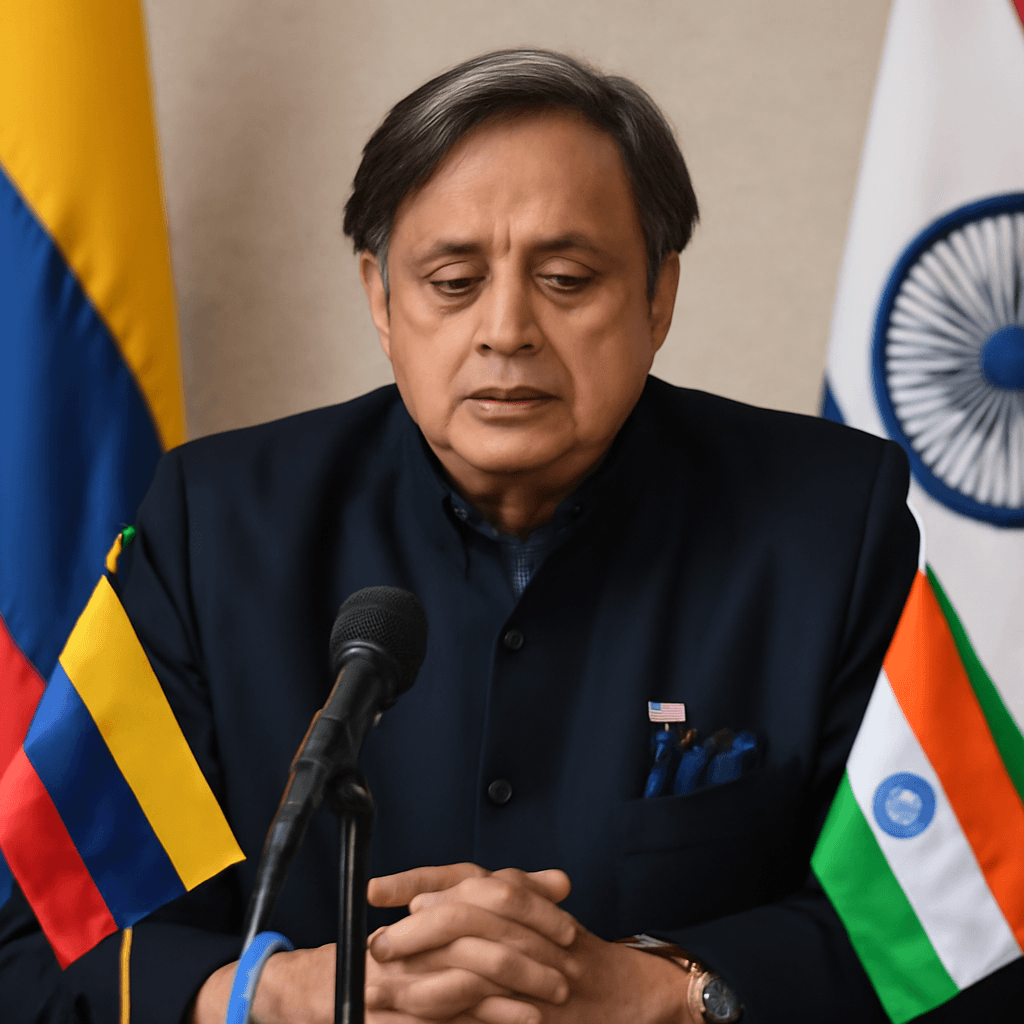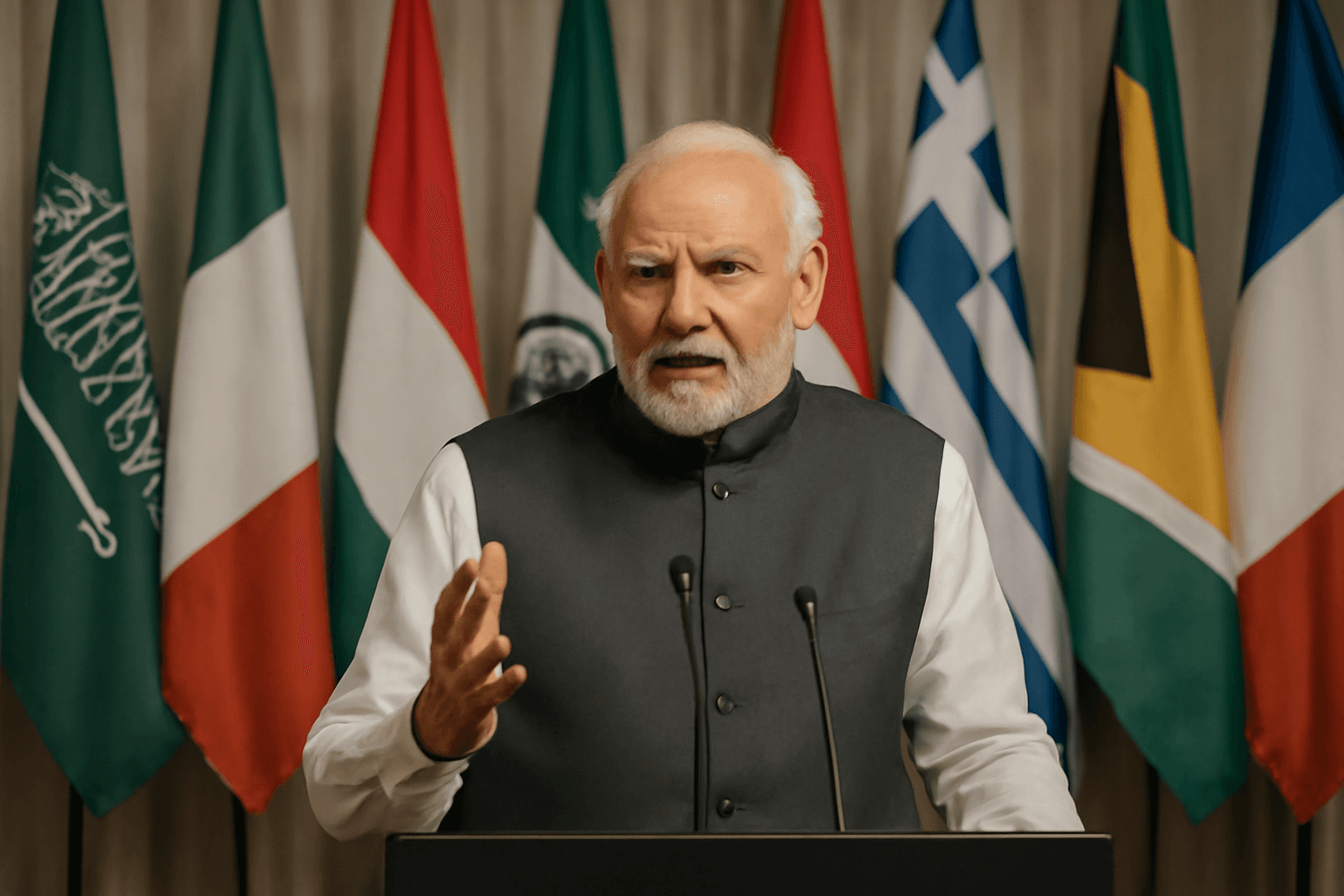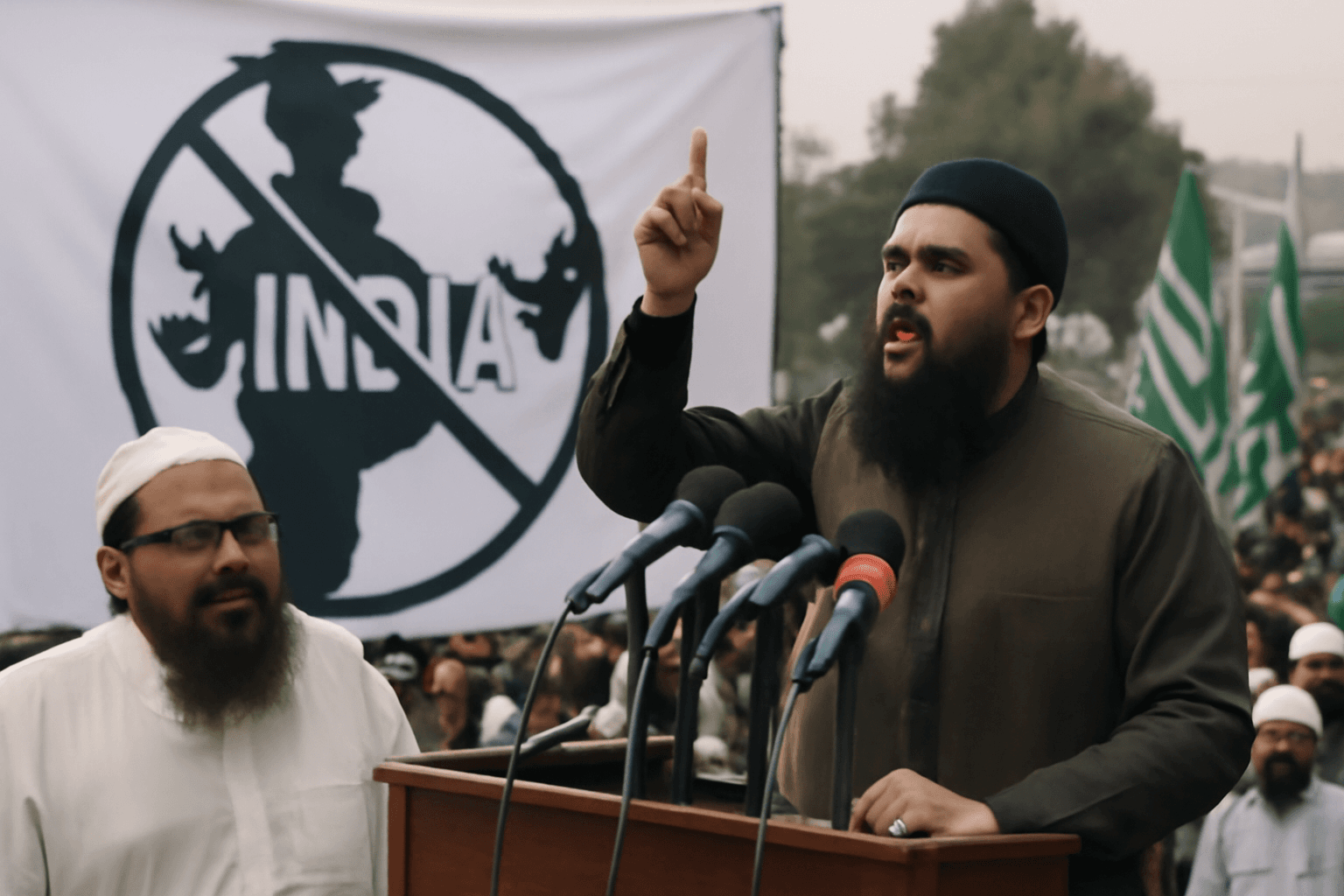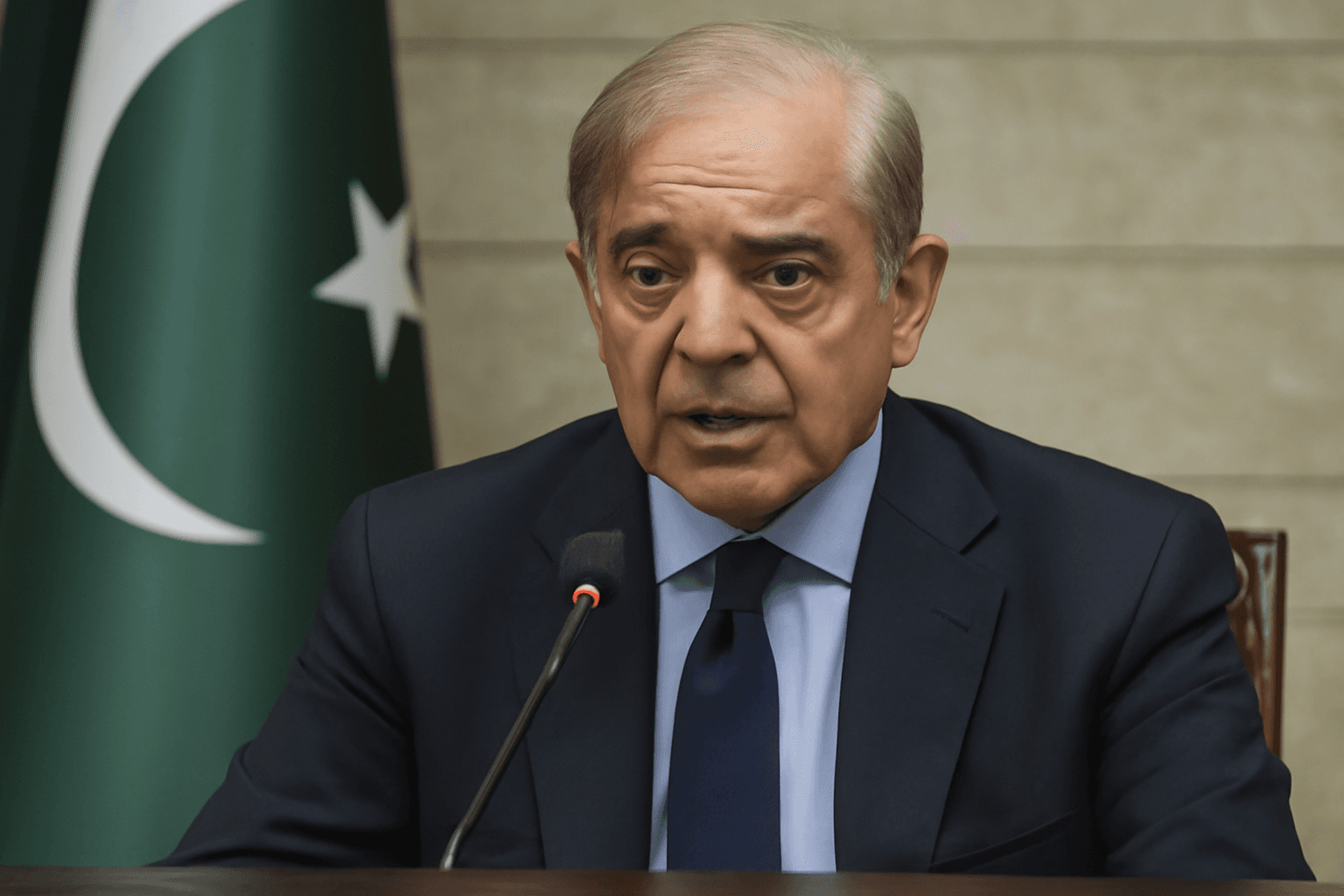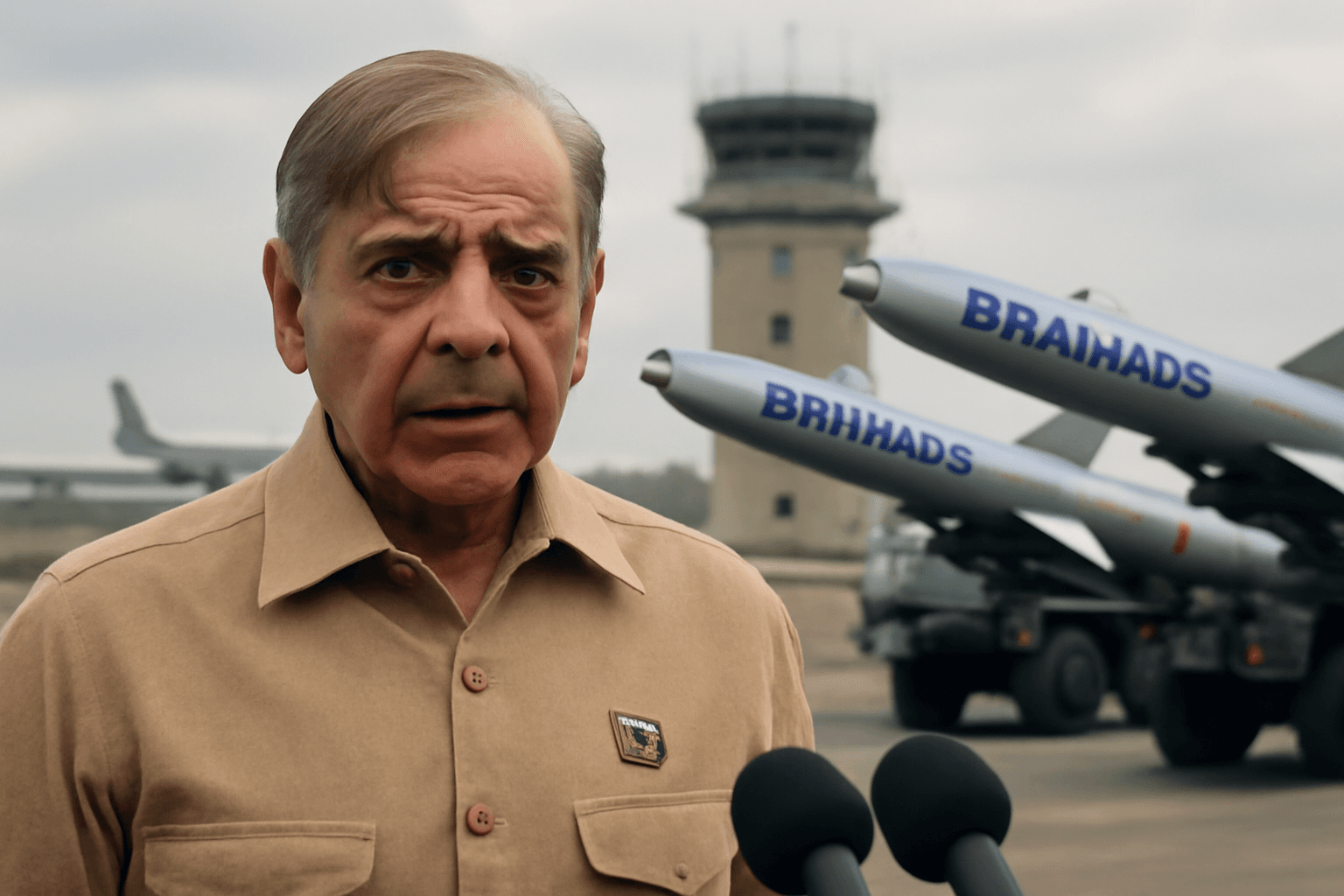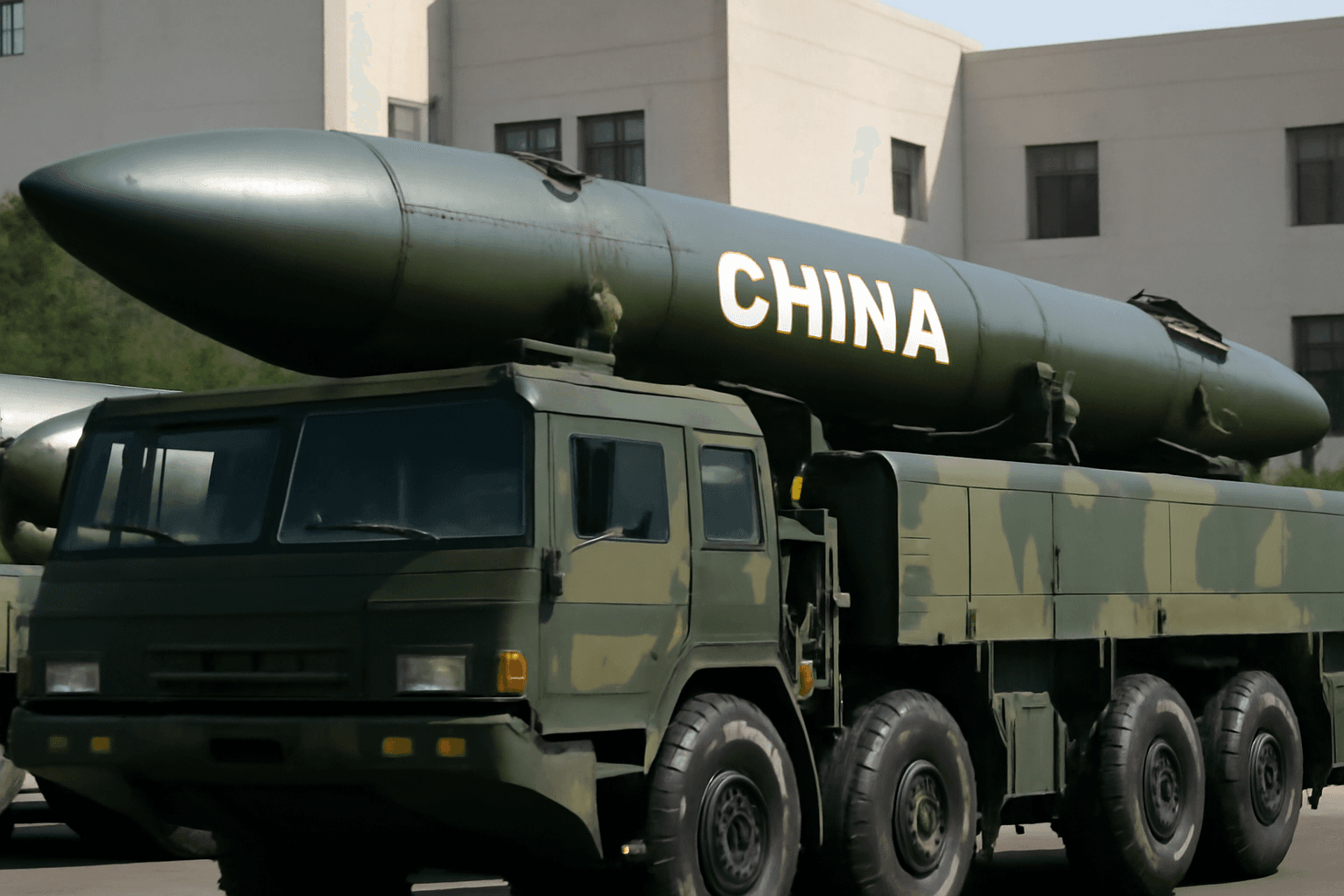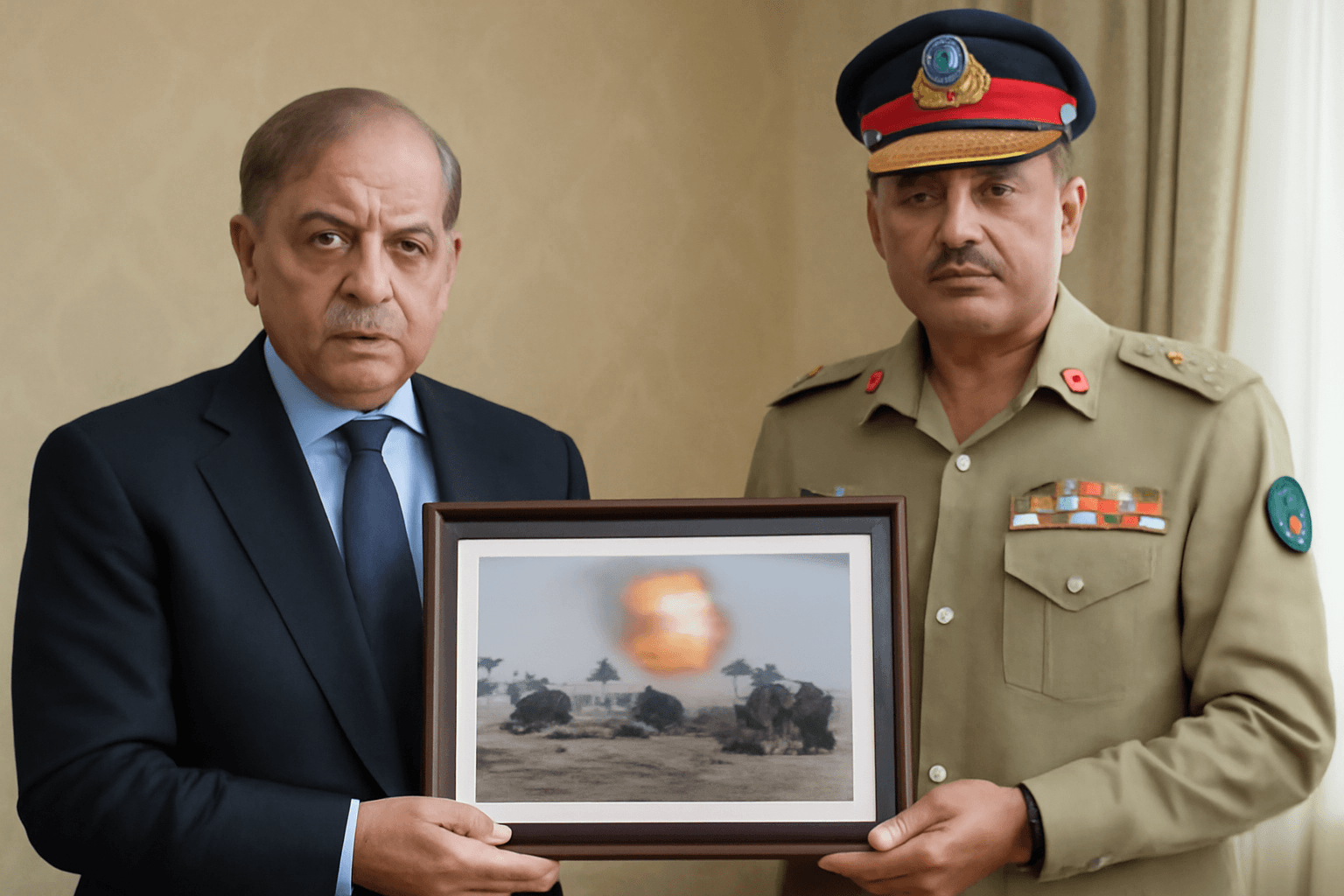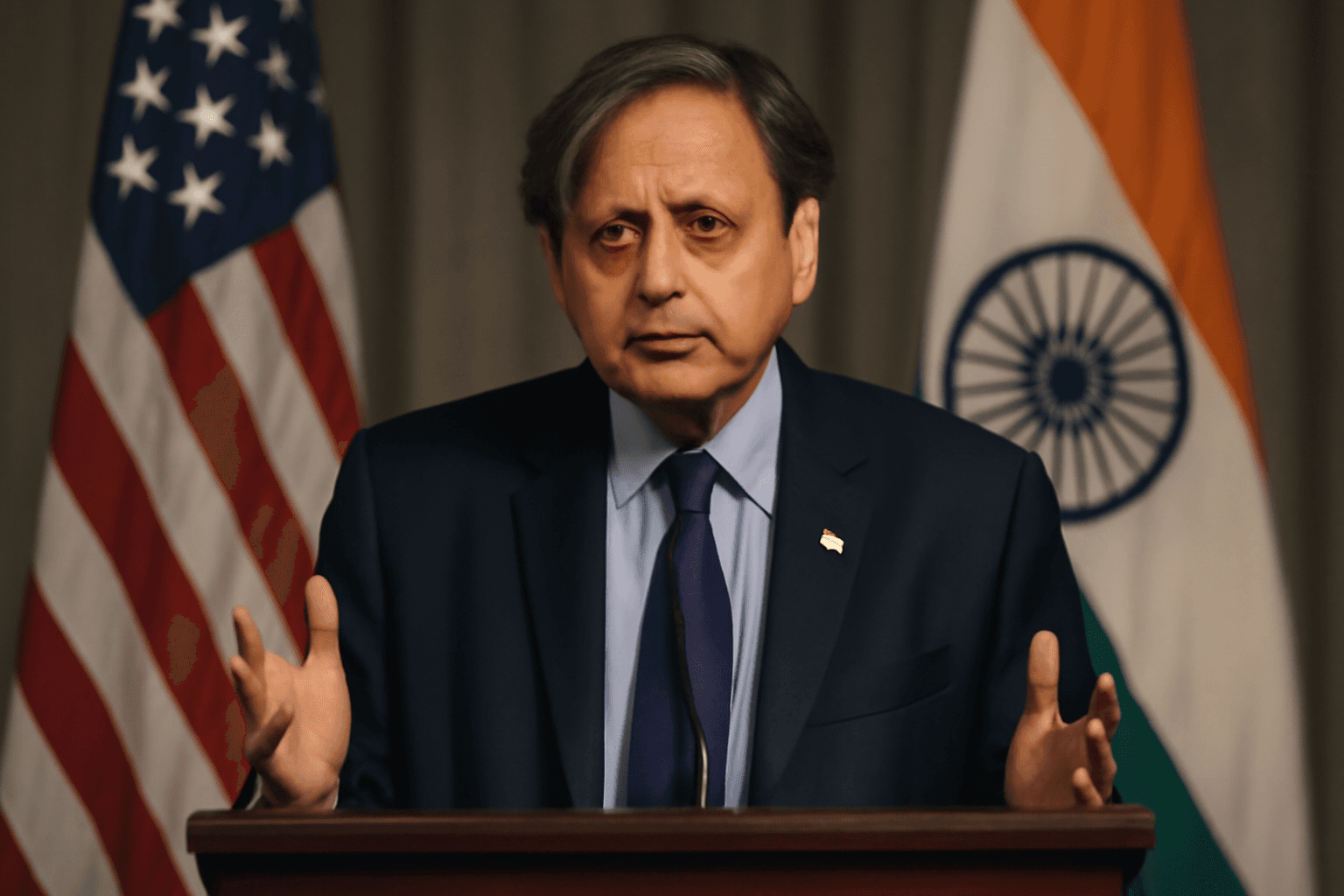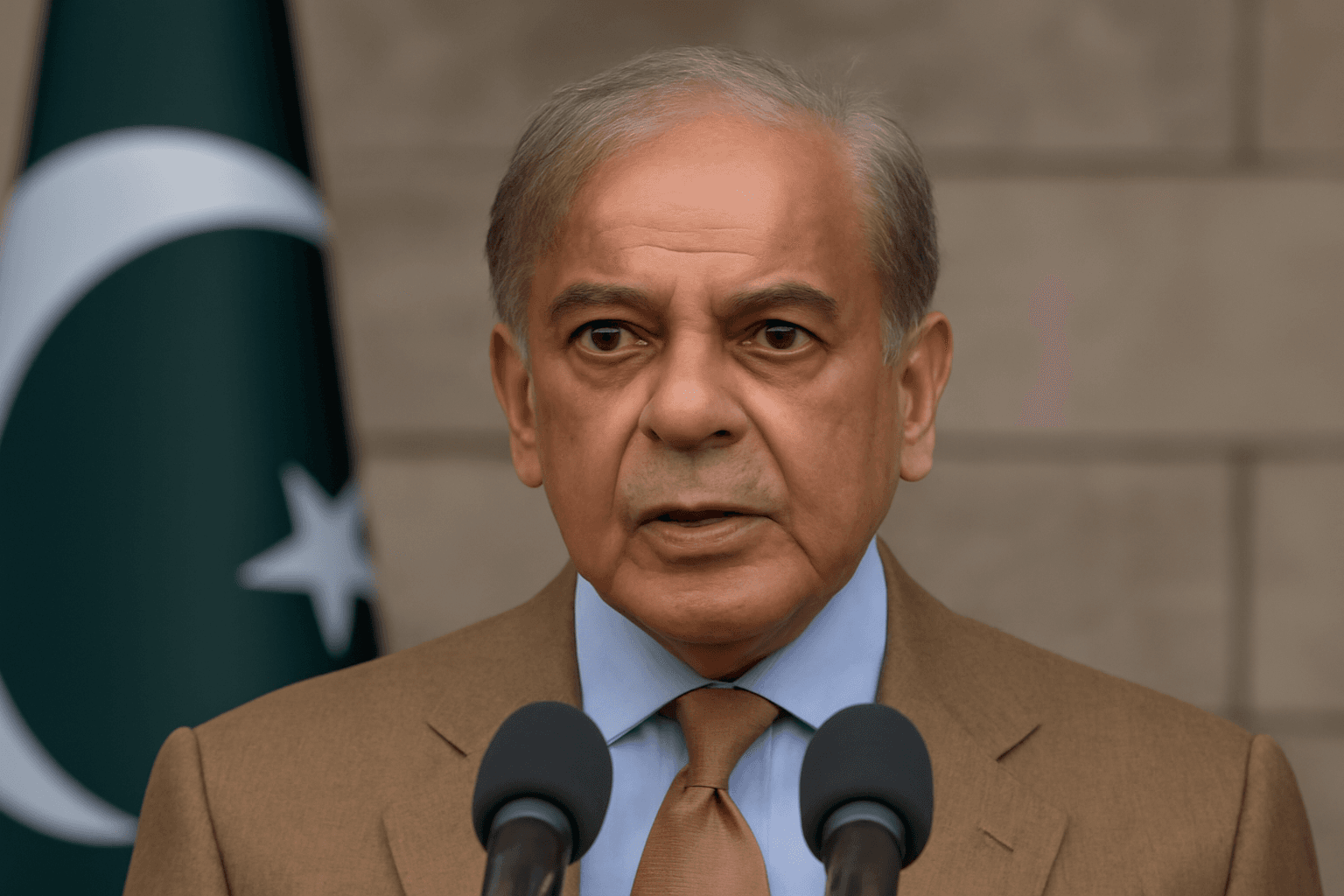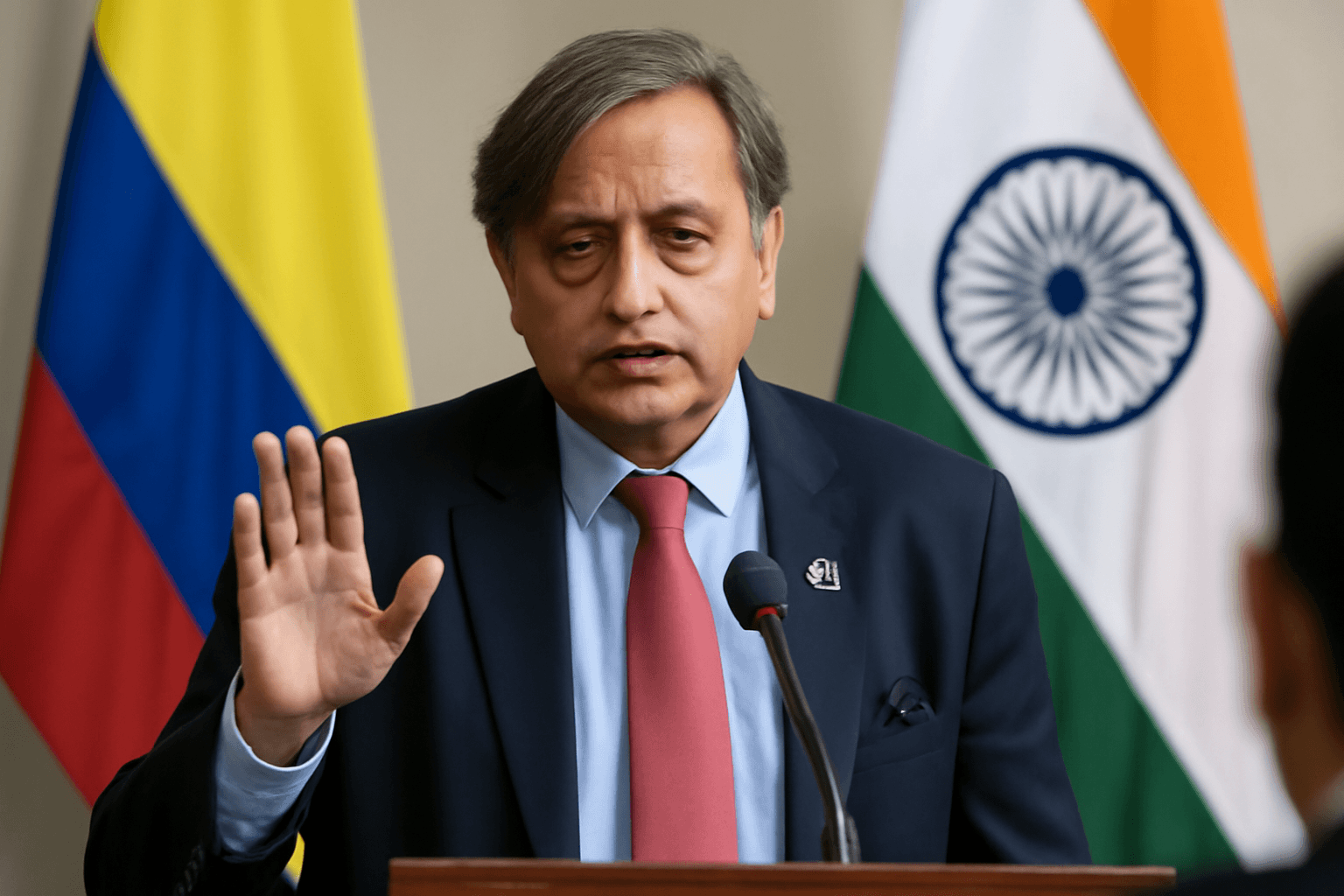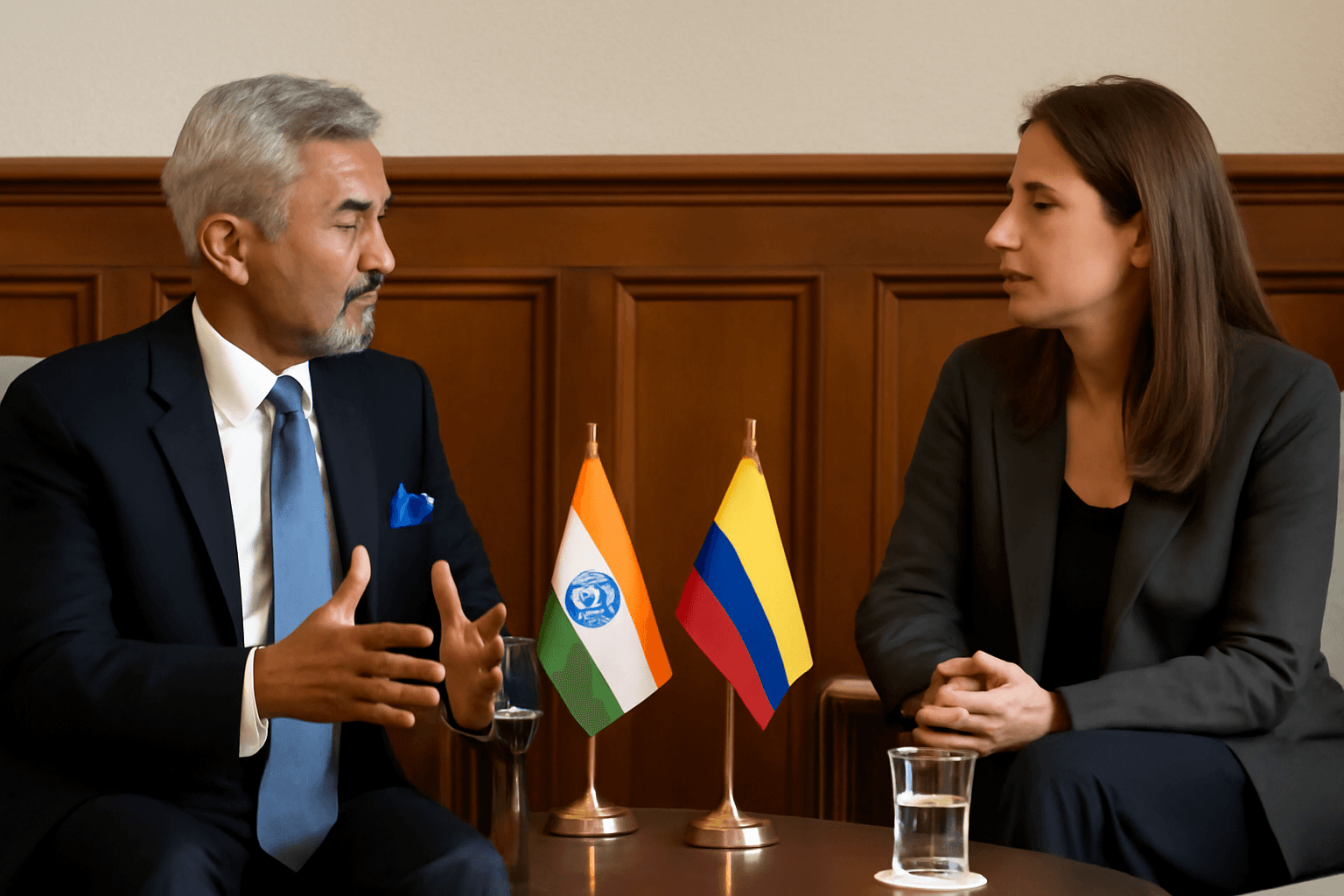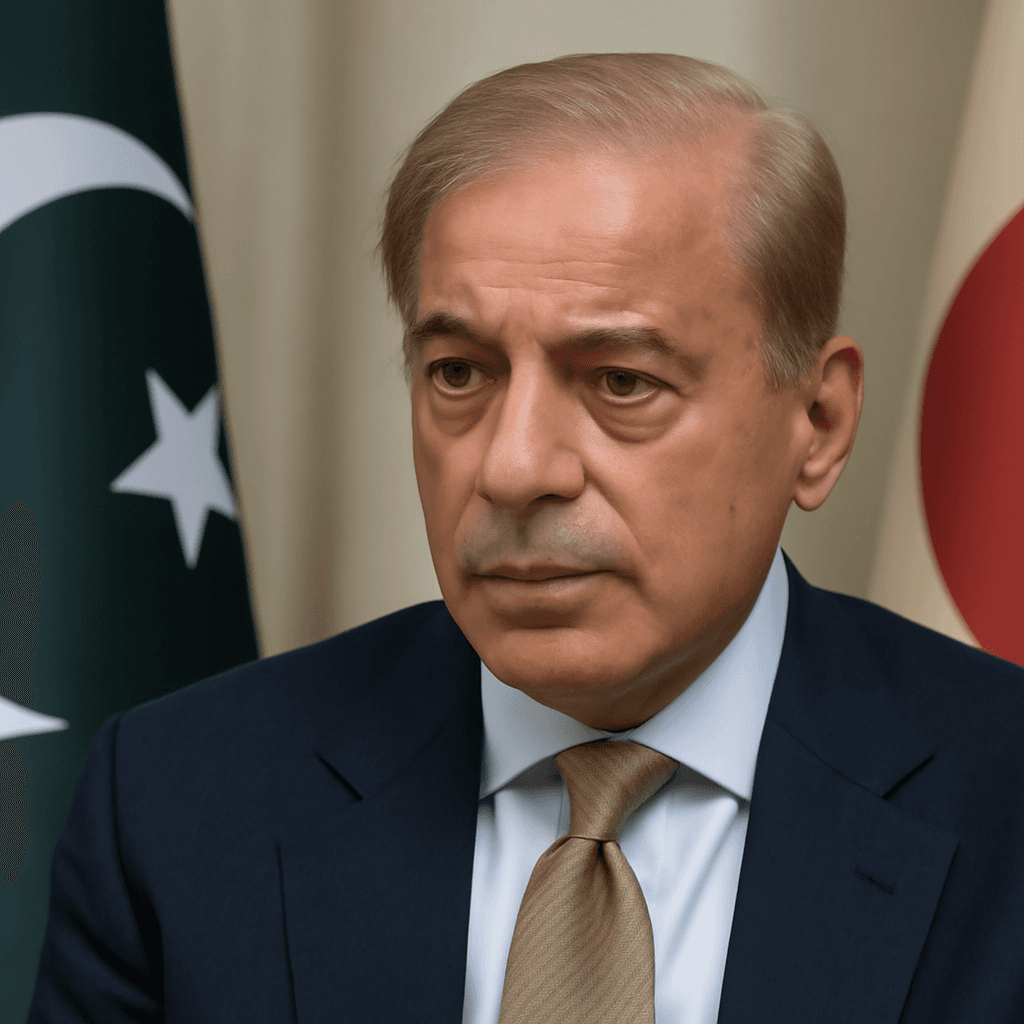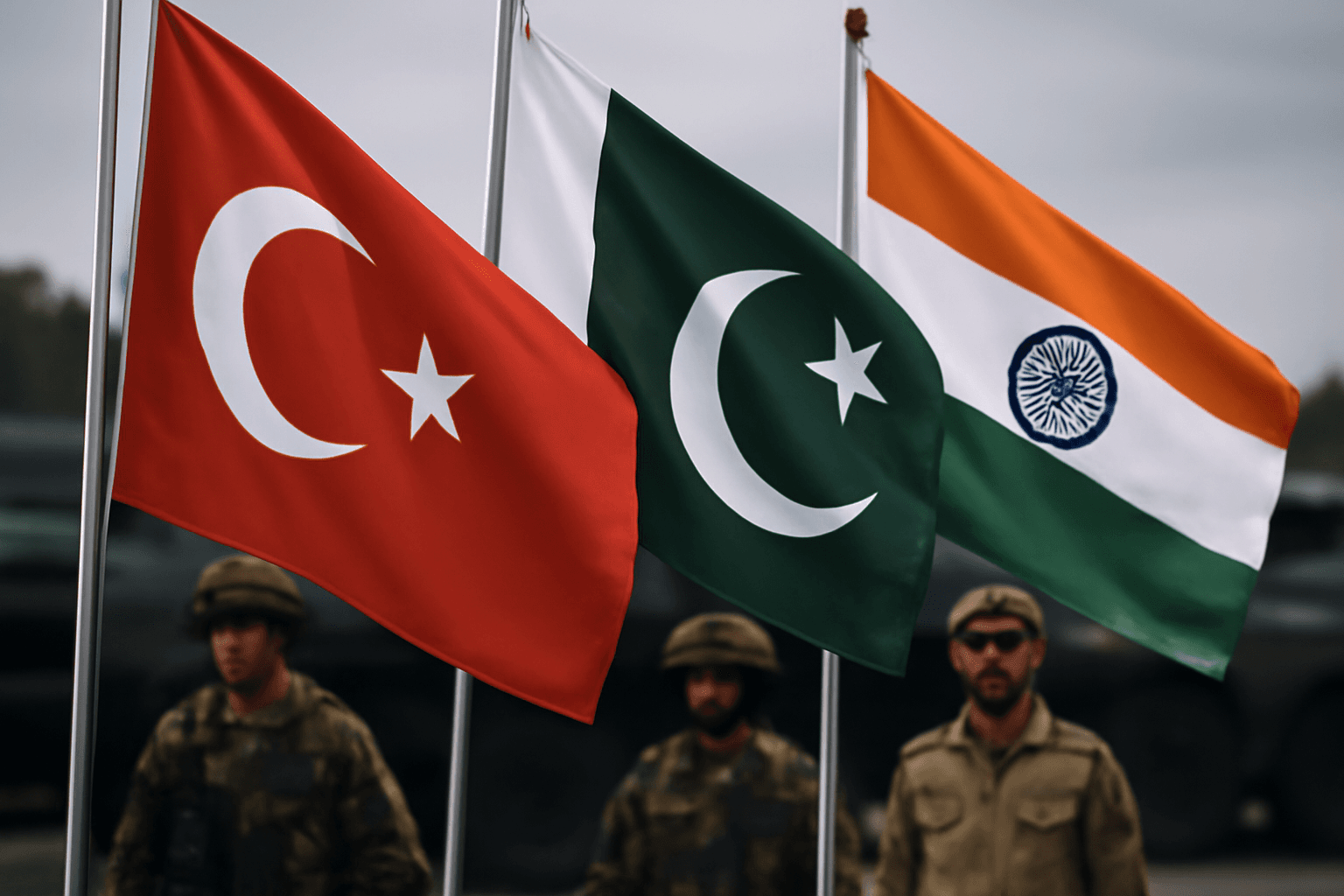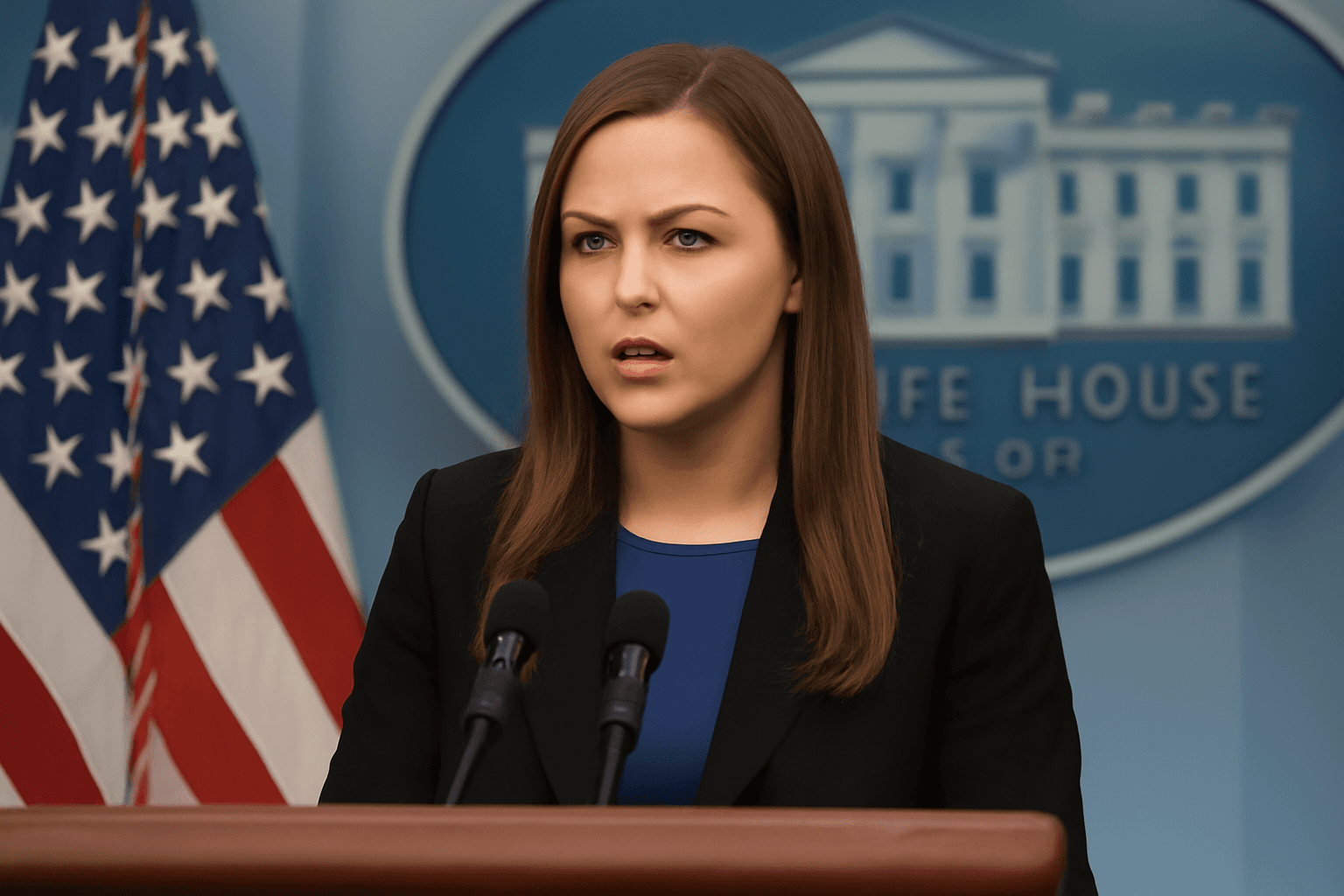New Delhi: Pakistan Prime Minister Shehbaz Sharif publicly acknowledged that Indian ballistic missiles struck multiple targets within Pakistan on the night of May 9-10, catching the Pakistani military by surprise. Speaking in Azerbaijan, Sharif revealed that Pakistan had planned a retaliatory strike against India early that morning following Fajr prayers, but India preemptively launched BrahMos missile attacks targeting several provinces, including the Rawalpindi airport.
"On the night of May 9-10, our armed forces were prepared to respond in a measured way to Indian aggression at 4:30 AM after Fajr prayers. However, before that time, India launched BrahMos missiles hitting various provinces, including Rawalpindi's airport," Sharif stated.
The Indian military operation, codenamed Operation Sindoor, was a precise strike against terror infrastructure situated in Pakistan and Pakistan-Occupied Kashmir (PoK). This retaliation followed the deadly April 22 terror attack in Pahalgam, which claimed 26 lives.
Earlier this month, Sharif also confirmed Indian missile strikes on Nur Khan Airbase and other locations within Pakistan during the early hours of May 10. He recounted receiving a secure 2:30 AM call from Pakistan's Chief of Army Staff, General Syed Asim Munir, informing him of the Indian missile attacks.
"In the intervening night of May 9-10, around 2:30 AM, General Asim Munir informed me that India had launched ballistic missiles, with one hitting Nur Khan Airbase and others striking additional areas," Sharif said.
Indian government sources reported that the missile strikes neutralized roughly 100 terrorists linked to groups such as Jaish-e-Mohammed, Lashkar-e-Taiba, and Hizbul Mujahideen. Targets included nine terror facilities—four located in Pakistan (Bhawalpur, Muridke, Sarjal, Mehmoona Joya) and five in PoK (Sawai Nala, Syedna Bilal, Gulpur, Barnala, Abbas).
Subsequently, Pakistan escalated tensions by launching drone attacks on civilian areas within India. In response, India targeted military installations deep inside Pakistani territory, including radar stations, command and control centers, and ammunition depots across Rafiqui, Chaklala, Rahim Yar Khan, Sukkur, and Sialkot.
On May 10, both nations agreed to an immediate ceasefire across land, air, and sea. However, Pakistan violated the ceasefire shortly after it was established. India later confirmed the ceasefire would continue indefinitely, with no expiration date.
Prospects for Dialogue
This week, Prime Minister Sharif expressed willingness to engage in talks with India to resolve longstanding issues such as Kashmir, water-sharing, and trade. Nevertheless, India maintains that diplomatic discussions can only proceed if Pakistan ceases cross-border terrorism.
External Affairs Ministry spokesperson Randhir Jaiswal emphasized, "Terrorism and talks cannot go together. Our stance is that any engagement must be bilateral, requiring Pakistan to hand over known terrorists. Discussions on Jammu & Kashmir will occur only after Pakistan vacates PoK and cedes control. The Indus Water Treaty will remain suspended until Pakistan unequivocally ends support for cross-border terrorism."


